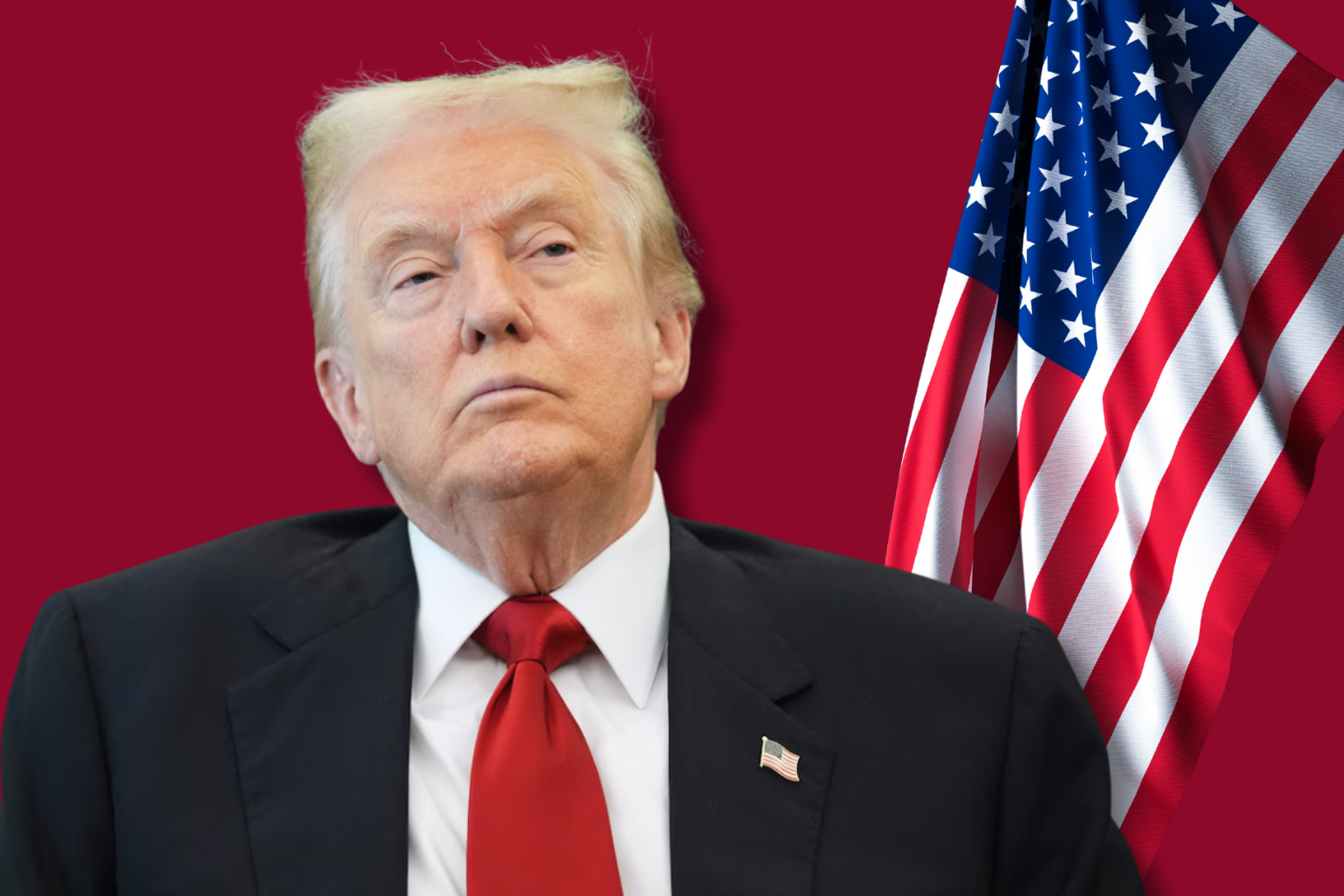Political Violence Escalates After Charlie Kirk’s Killing, Leaders Call for Calm Amid Blame Game

The murder of Republican activist Charlie Kirk has raised national concerns about political violence and party blame games. At a public event at Utah Valley University on September 10, Turning Point USA founder Kirk was shot. Authorities say a gunshot wounded his neck while he addressed a large audience. His death occurred at a local hospital later that day.
Political rhetoric increased after the murder. The “radical left” incited violence by demonizing conservatives and using harsh political language, Republican leaders said. Democratic leaders replied that political radicalism, hate speech, and threats were everywhere. Several notable Democrats advocated moderation. They discouraged partisanship but understood that all sides can incite.
Police are investigating the shooting’s motive. The 22-year-old suspect became left-wing and radicalized online after graduating. Whether the attacker was politically motivated or backed a philosophy is unknown.
Public and student reactions have been greatly impacted. Many campuses postponed or canceled political events and enhanced security. Dartmouth students expressed shock, fear, and a renewed demand for respectful speech. Some students said Kirk’s assassination showed how dangerous political expression has become, notwithstanding their disagreement.
Experts argue the speed at which social media posts about the shooting, especially crime depictions, spread outrage, grief, and divisiveness. Retribution and threats may follow inflammatory words and real action. Political violence in the U.S. has increased, with mass casualties and targeted attacks.
Political leaders advise restraint. Some support public discourse and gun control. Some say the act should be criticized but not politicized. As the nation tries to protect free expression, ensure public safety, and grieve from this tragedy, many question if American politics will change or worsen.
If political disagreement can succeed fearlessly, citizens wonder. Do public speakers keep addressing crowds? Perhaps most importantly, who causes lethal political divides? Those replies may shape politics for years.
Sources
Associated Press
ABC News
The Washington Post
Valley News
The Guardian




